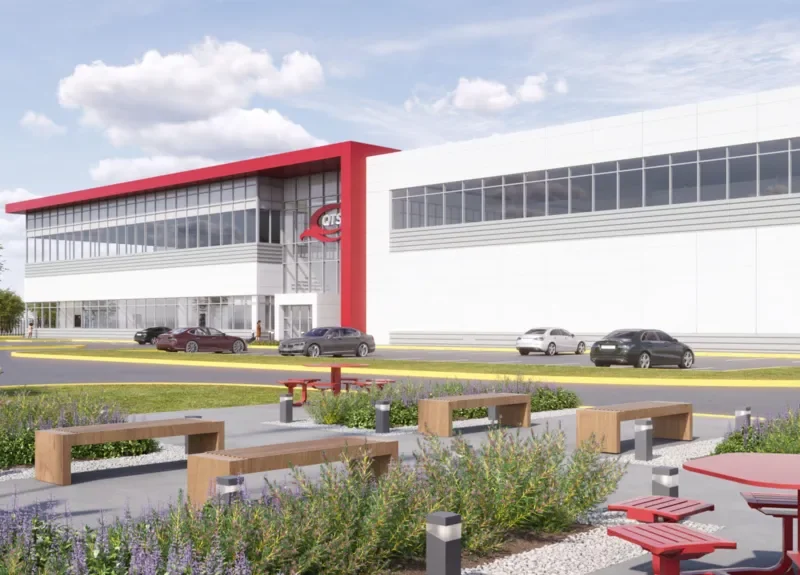The fate of a former gigafactory site will be determined when officials review plans for a £10bn AI and cloud computing data centre.
Located in Cambois, Northumberland, the site was initially expected to boost the local economy through an electric vehicle battery plant. However, Britishvolt, the company behind the project, collapsed before delivering on its promise of 3,000 jobs.
Optimism returned last year when investment firm Blackstone acquired the land to develop a large-scale data centre. Local leaders believe the project could drive significant economic growth in the region.
A Northumberland County Council planning officer has advised approval for the 540,000sq m (133-acre) facility ahead of a council meeting on Tuesday, where a final decision will be made—potentially reshaping Cambois for generations.
Britishvolt’s collapse
Britishvolt had initially planned to invest £3.8bn in a factory, which the previous Conservative government promoted as a key “levelling up” initiative to strengthen the UK’s electric vehicle industry.
However, in 2022, the company faced significant challenges, citing “rampant inflation and interest rates” along with soaring energy costs as major obstacles. As a result, battery production—already delayed—was postponed to mid-2025.
Struggling financially, Britishvolt sought a buyer to stay afloat but ultimately went into administration in January 2023. Australian company Recharge Industries later acquired it, but by April last year, the factory project was officially scrapped.
What is a data centre?
Blackstone acquired the site in May 2024 and has committed £10bn to developing multiple data centres—large server warehouses designed to deliver substantial computing power.
The company plans for the Northumberland facility to support the expanding artificial intelligence and cloud computing industries.
If approved, the project is expected to generate approximately 1,600 direct jobs, including 1,200 in construction. An additional 2,700 jobs could be created as tech firms relocate to the region to leverage the new infrastructure.
As part of the agreement, Blackstone paid Northumberland County Council £110m to remove a buy-back clause that had restricted the site’s use to a gigafactory.
QTS, Blackstone’s data centre subsidiary, aims to begin construction in 2026.
The project has received mixed reactions from the public. Opponents are primarily concerned about the impact of noise and dust from construction on local residents.
Another concern is that the data centre could block natural light, casting shadows over nearby properties.
Supporters, however, see the redevelopment of the brownfield site as a boost to economic growth.
Northumberland County Council’s deputy leader, Richard Wearmouth, is among those backing the project, calling it “game-changing,” according to the Local Democracy Reporting Service.
“While I cannot predict the planning committee’s decision on March 4, this project represents a massive investment in Northumberland and the UK as a whole,” he said.
“It would be the largest AI data centre in Western Europe, with construction costs of £10bn. Additionally, a major company like Facebook or Microsoft could invest another £5-10bn.”
Labour leader Scott Dickinson also supports the initiative, describing it as an “exciting development.”
“I hope past setbacks with Britishvolt don’t lead to excessive scepticism,” he said.
“This is a chance for Northumberland to position itself as a leader in technology.”











